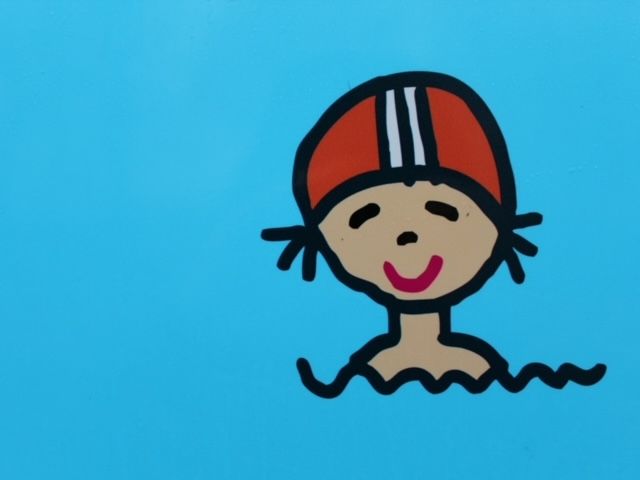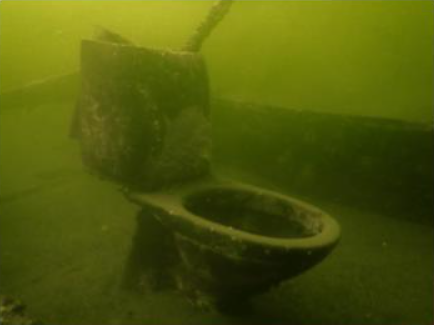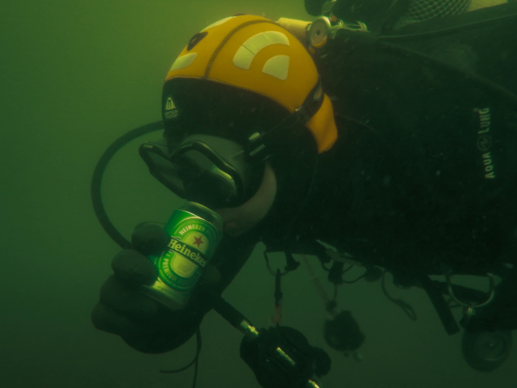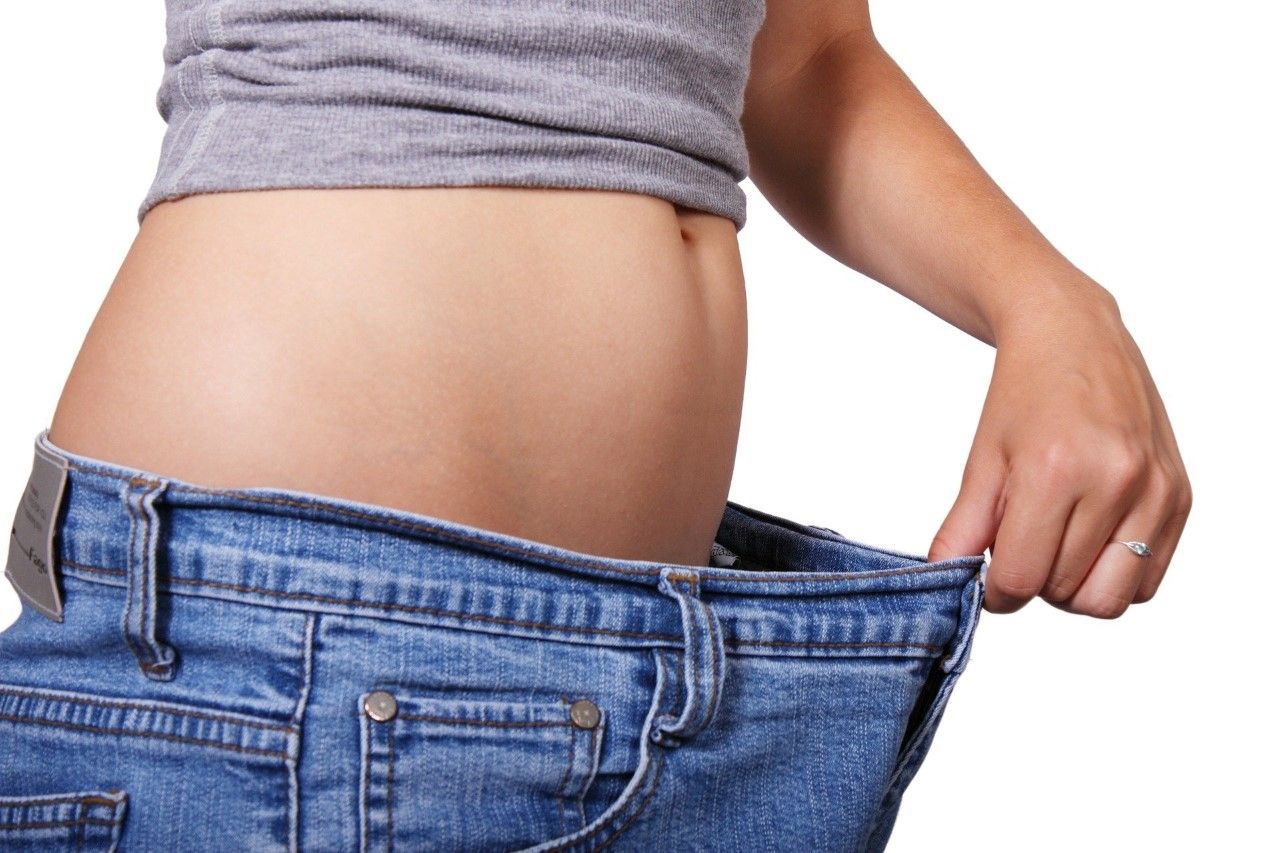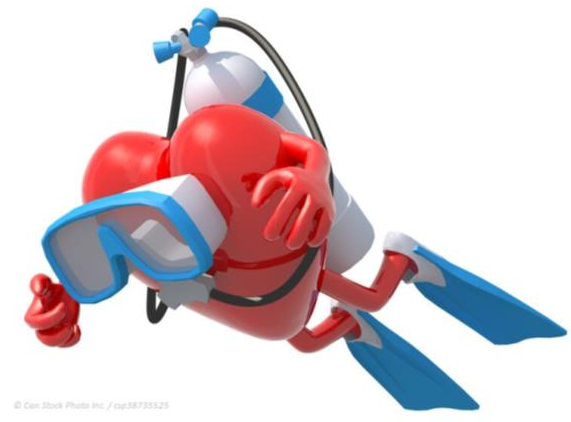(Medical) questions
Every now and then there is a (medical) question that everyone wants an answer to. We will post these below.
Do you have a question? Ask us via the contact form.
Do you have a question? Ask us via the contact form.
Calorie burn
Author: Franka Appelman
Created: 01 January 2021
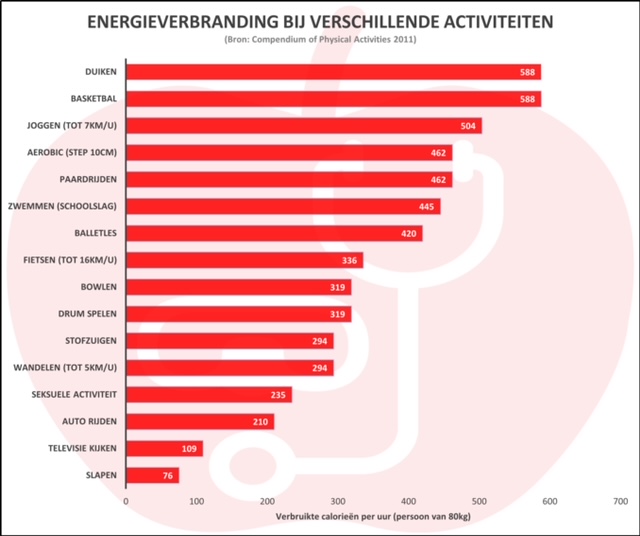 Can you LOSE WEIGHT with scuba diving? After all, it is called sport diving. This sounds very attractive to me! Diving always relaxes me. I don't get an increased heart rate/breathing and I don't get sweaty from diving. Diving therefore doesn't feel like a sport to me at all. It would be nice if I lost some kilos while performing my hobby!
Can you LOSE WEIGHT with scuba diving? After all, it is called sport diving. This sounds very attractive to me! Diving always relaxes me. I don't get an increased heart rate/breathing and I don't get sweaty from diving. Diving therefore doesn't feel like a sport to me at all. It would be nice if I lost some kilos while performing my hobby!
Diving takes energy, so you burn calories when diving. Someone who weighs more burns more calories during exercise. An internet search shows that you burn about 400 to 700 calories with an hour of diving. To give you an idea; you burn just as many calories with a game of basketball!!
So where does that energy burn during diving come from? This depends on several factors, which cannot be easily captured in a formula. The usual formula only takes dive time and body weight into account. However, there are other factors responsible for burning more or fewer calories.
Hydrostatic pressure
The body is subjected to additional stress due to the hydrostatic pressure. The heart gets to process extra blood volume through several mechanisms, forcing it to work harder. Breathing requires more muscle activity to breathe against the hydrostatic pressure. In addition, the compressed air you breathe is thick and dry, which means an extra burden on the lungs. All this takes energy.
Water temperature
The body is always trying to keep the body temperature at 37°C. You cool down 20 times faster in water than on land. During diving, your body uses energy to keep warm. You can imagine that the colder the water temperature is, the more energy you use to keep your body warm. But even in the tropics with a water temperature of 28°C, your body uses energy to maintain a body temperature of 37°C!
Ambient temperature
The ambient temperature also affects the amount of energy you burn. Dressing and undressing the diving equipment can be quite a chore. Especially in tropical temperatures you can get quite hot because of this. The body then needs energy to cool down again. At an ambient temperature around freezing point, it works the other way around; the body needs energy to keep warm.
Boat Dive vs. Shore Dive
The energy you use to get into the water also determines how many calories you burn. On a boat dive you don't have to lug around your gear much (although it can sometimes be a struggle to get back in the boat after the dive!). In a shore dive you have to cover shorter or longer distances with your diving equipment. The diving equipment can weigh up to 40 kg in total. In Zeeland you have to walk over a dike and the entry is not always very easy. A shore dive therefore costs more energy than a boat dive.
Swimming
Swimming requires muscle activity. Especially with diving equipment on your back, it takes more energy to swim. You experience more resistance from the water due to poor streamlining. The faster you swim, the more energy you expend. And swimming against the current naturally requires even more muscle activity to be able to move forward.
How can you calculate how much energy you burn while diving?
One way to calculate how many calories you burn during exercise is to use the MET value. MET stands for Metabolic Equivalent of Task. In exercise physiology, MET is a unit of measure for the amount of energy expended by a particular activity compared to the amount of energy required at rest. One MET is equal to 3.5 ml of oxygen per kg of body weight per minute. A MET value of physical activity ranges from 0.9 (sleeping) to 23 (running 22km/h). A MET value of 1 indicates that you are sitting still. Scuba diving has a MET value of 7, which means you burn 7 times more calories compared to sitting still.
- MET value x 3.5
- Result x body weight (in kg)
- Result / 200
For example, a diver weighing 80 kg. Using the formula, we know that he dives 9.8 calories per minute. So during an hour of diving he burns 9.8 x 60 = 588 calories.
BUSINESS INFORMATION
WOSD COURSES


